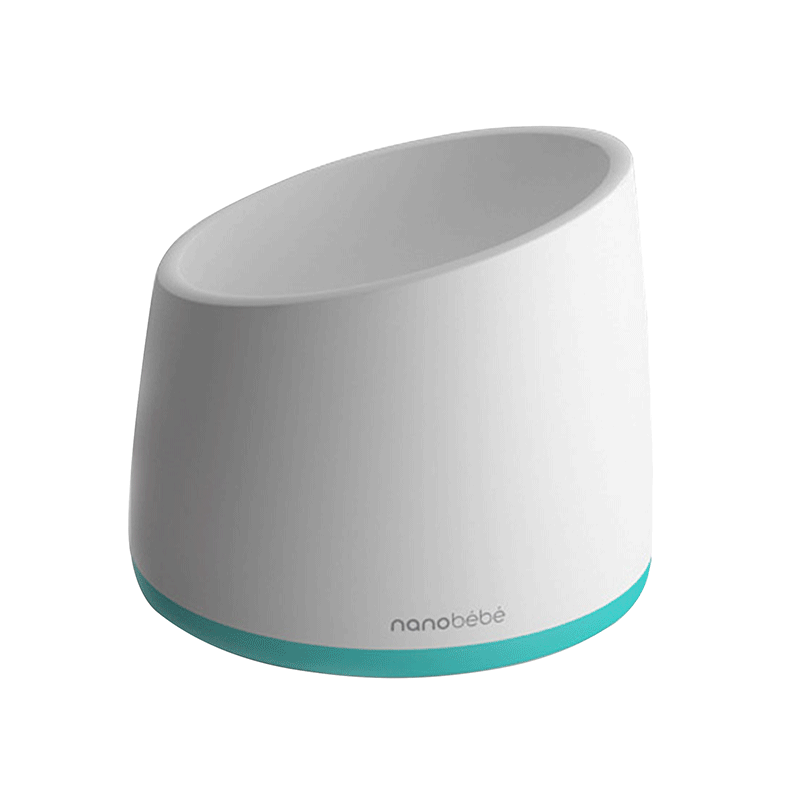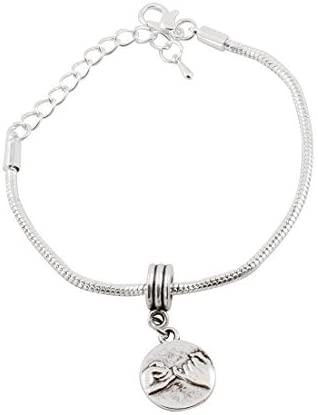New Year Wellness: The Benefits of Journaling
Journaling is a simple yet powerful practice that can have a profound impact on your mental, emotional, and even physical well-being. In this blog post, we will explore the numerous benefits of journaling and how to get started.
How does journaling work?
Journaling is the act of writing down your thoughts, feelings, and experiences on a regular basis. It can be as simple as jotting down a few sentences or as elaborate as writing pages and pages of reflections. The key is to make it a consistent practice, whether it's daily, weekly, or whenever you feel the need to express yourself.
What are the benefits of journaling?
1. Emotional release: Journaling provides a safe space to express and process your emotions. By putting your thoughts and feelings on paper, you can gain clarity and release any pent-up emotions.
2. Stress reduction: Writing in a journal can help reduce stress by allowing you to unload your worries and concerns. It can also help you gain perspective and find solutions to problems.
3. Self-reflection: Journaling allows you to reflect on your experiences and learn from them. It can help you identify patterns, gain insights, and make positive changes in your life.
4. Improved memory: Writing things down helps improve memory and recall. By journaling important events or details, you can preserve and remember them more effectively.
5. Goal setting and achievement: Journaling can be a powerful tool for setting and achieving goals. By writing down your goals, you can clarify your intentions and track your progress over time. We often set new goals at the start of the new year, so this is the perfect time to try it out!
How to get started with journaling?
1. Choose a journal: Find a journal that resonates with you. It can be a simple notebook, a fancy journal, or even a digital journaling app. Research has shown that it can be beneficial to write on paper rather than use a digital device.
2. Set aside time: Schedule regular time for journaling. It can be in the morning, before bed, or during your lunch break. Consistency is key.
3. Write freely: Don't worry about grammar, spelling, or punctuation. Just let your thoughts flow and write whatever comes to mind.
4. Experiment with different styles: Try different journaling techniques, such as gratitude journaling, stream-of-consciousness writing, or bullet journaling. Find what works best for you.
5. Be honest and authentic: Journaling is a personal practice, so be true to yourself. Write honestly and authentically, without judgment or self-censorship.
Remember, journaling is a personal journey, so there are no right or wrong ways to do it. The most important thing is to make it a regular practice and enjoy the process. So grab a pen and paper, or open up a blank document, and start journaling your way to a healthier, happier you!









Leave a comment